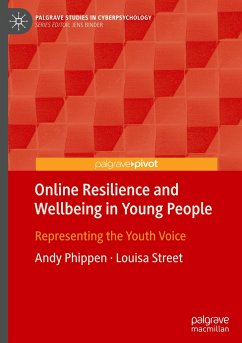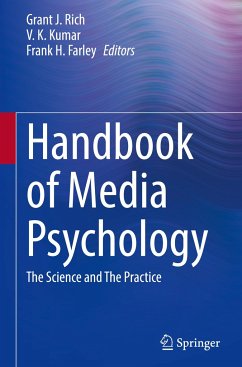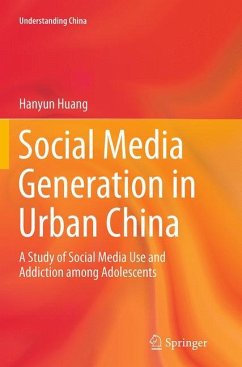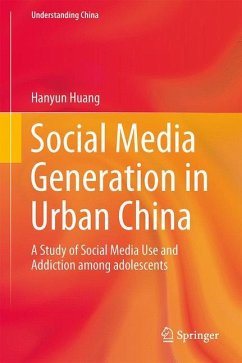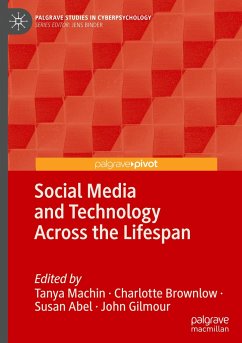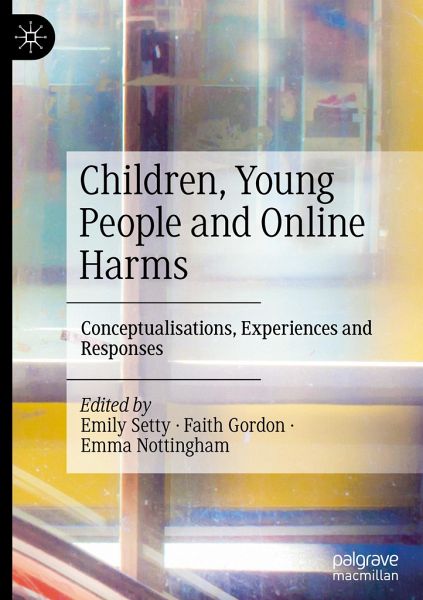
Children, Young People and Online Harms
Conceptualisations, Experiences and Responses
Herausgegeben: Setty, Emily; Gordon, Faith; Nottingham, Emma

PAYBACK Punkte
49 °P sammeln!
This book presents research conducted with children and young people about online harms, with a UK focus, while aiming to stimulate comparative analyses of other countries too. While the chapters vary in how data-driven they are, each will explore conceptualisations of online harm, children and young people's experiences of online harms, and their perspectives on interventions to educate about and address online harms. While the UK government claimed in 2019 to be introducing 'tough new measures to make the UK the safest place to be online', it has been noted that there may be a limited capaci...
This book presents research conducted with children and young people about online harms, with a UK focus, while aiming to stimulate comparative analyses of other countries too. While the chapters vary in how data-driven they are, each will explore conceptualisations of online harm, children and young people's experiences of online harms, and their perspectives on interventions to educate about and address online harms. While the UK government claimed in 2019 to be introducing 'tough new measures to make the UK the safest place to be online', it has been noted that there may be a limited capacity for formal legislation to address the complexities of contemporary digital life for children and young people; instead, tackling online harms has to be part of a broader agenda and must account for the diverse and socially contingent nature of children's and young people's experiences online, as evidenced by extensive research undertaken with children and young people.
With the finalisation of legislation surrounding online harms in the UK imminent, the objective of this collection is to shape the implementation of policy in practice settings. To support practice development, the book offers vignette-style pieces that will describe examples of policy and practice models and how these models can support children's and young people's active participation in understanding online harms. As a result of this, the findings of this book will minimise the disparity between the practice, policy and research through speaking to the interface between these fields in the UK context.
With the finalisation of legislation surrounding online harms in the UK imminent, the objective of this collection is to shape the implementation of policy in practice settings. To support practice development, the book offers vignette-style pieces that will describe examples of policy and practice models and how these models can support children's and young people's active participation in understanding online harms. As a result of this, the findings of this book will minimise the disparity between the practice, policy and research through speaking to the interface between these fields in the UK context.




